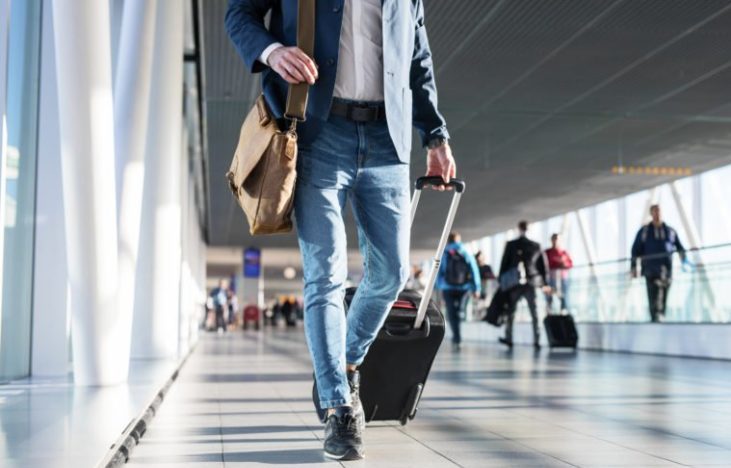It doesn’t matter if it’s your first time travelling or if you’re a ‘travel-holic’, sometimes, we make mistakes while travelling. These mistakes, whether minor or major, could throw an entire trip into a frenzy or create far worse discomfort during or throughout the trip.
To avoid these mistakes, it is important that a traveller intentionally plan ahead of time [applying preventive measures] to make sure that every necessary step or item is put in place ahead of their trip.
As a matter of fact, some of these preventive measures are common knowledge [which ironically, aren’t common as we tend to forget them].
- Failing to Track Your Tickets
While it might not take too much to book a flight or bus to your destination, the success of experiencing a stress-free trip might be dependent on paying attention to ticket bookings.
What time is your flight or bus [or vehicle] scheduled to take off? Where is the bus station [or terminal], or airport located and how far off from your current address is this terminal? How do you navigate this terminal from your current location [and through what means]? It is important that you mentally take note of these questions and determine how to solve them.
Additionally, keeping track of your tickets or reservations could ensure that your place is secure and reserved for you only.
- Overpacking
Why do we always overpack for trips?! It’s absurd. On one hand, you’re shoving in items into your luggage like a demented banshee, and on the other hand, you’re dragging a luggage half-full of unnecessary items through a busy tarmac in a strange town or country.
Learn to stick to items which are necessary as you pack. If possible, make a list of items you’ll be needing on the trip. For instance, on a weekend getaway at the beach, the items which would be of most importance to you would be swimwears and clothing items with light fabrics. This means that clothing items with thick materials such as cardigans and boots, wouldn’t be necessary for such a setting.
- Not Tracking Your Accommodation Reservation
It’s good that you’ve made reservations for your lodging ahead of time. However, it’s also important that you keep a close track of whatever reservations you’ve made. Tracking can be done by being in constant communication with the hotelier [or lodge manager], and real estate agent through phone calls and emails.
By staying in connection with the person or people in charge of the accommodation, you’ll be kept updated.
By keeping up-to-date with information pertaining to your accommodation, you’ll be abreast with updates of any kind and, or changes to your reservation and how it affects you.
- Arriving a Foreign Country Sans Cash [In The Local Currency]
If you’ve been stuck in a foreign country without having quick access to the local currency, you’ll agree that it’s tough luck.
Not having the local currency of a country you’re visiting, could turn simple transactions like paying cab fare, tipping a porter, buying snacks or beverages, and buying items at the local market into nightmarish tasks.
To avoid being in a fix, always keep at least some loose change of the locally accepted currency when visiting a foreign country. If you can, engage the help of a trusted local guide to help with the money exchange process. Otherwise, change your currencies at the airport or make use of an ATM [Automated Teller Machine].
- Neglecting Mobile Reception Qualms
Too often do we forget to work around the network reception on our smartphones and devices during trips. If you’re travelling locally, find out whether your primary network provider covers the areas of the destination. If they don’t, work towards getting a network provider covering the area.
For international travellers, make sure to double-check that you have a network plan covering international areas. Additionally, be conscious of whether your network plan covers data roaming charges. if it doesn’t, and you do not wish to pay additional fees, switch your devices’ network to Airplane Mode. on Airplane Mode, devices may be connectable to the Wi-Fi in-flight.
Should neither of these work, consider getting a SIM card of a network provider accessible at your destination.
Copyright 2024 TheCable. All rights reserved. This material, and other digital content on this website, may not be reproduced, published, broadcast, rewritten or redistributed in whole or in part without prior express written permission from TheCable.
Follow us on twitter @Thecablestyle

